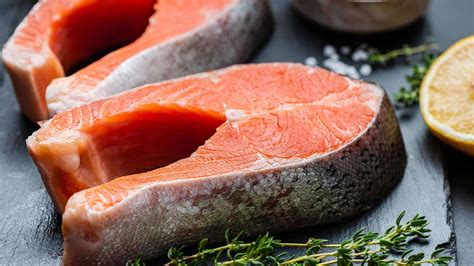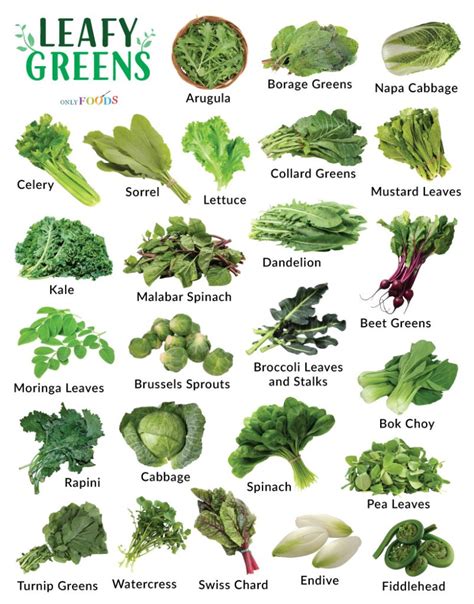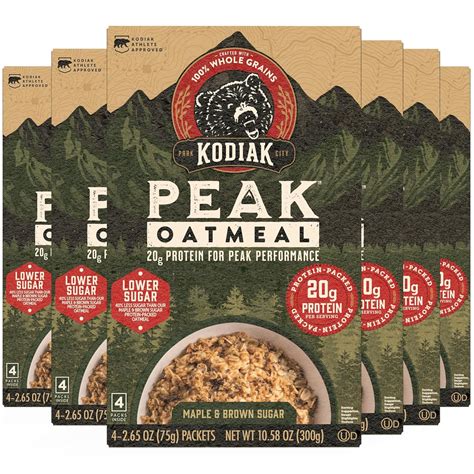Intro
Discover 5 foods for gout relief, including anti-inflammatory cherries and vitamin C-rich citrus, to help manage gout symptoms and prevent attacks with a balanced diet.
Gout is a type of arthritis that causes sudden and severe joint pain, often accompanied by redness, swelling, and tenderness. It is caused by an excess of uric acid in the blood, which can form sharp crystals in the joints, leading to inflammation and pain. While there is no cure for gout, a healthy diet can help alleviate symptoms and reduce the frequency of attacks. In this article, we will explore the importance of diet in managing gout and discuss five foods that can help alleviate symptoms.
A well-balanced diet that is low in purines, rich in antioxidants, and high in fiber can help reduce uric acid levels and alleviate gout symptoms. Purines are substances found in certain foods that can increase uric acid levels in the body. Foods high in purines, such as red meat, seafood, and beer, should be avoided or consumed in moderation. On the other hand, foods rich in antioxidants, such as fruits, vegetables, and whole grains, can help reduce inflammation and oxidative stress. A diet rich in fiber can also help reduce uric acid levels by promoting the excretion of uric acid in the urine.
Managing gout requires a comprehensive approach that includes lifestyle changes, medication, and dietary modifications. While medication can help alleviate symptoms, a healthy diet can help reduce the frequency and severity of attacks. In addition to avoiding foods high in purines, individuals with gout should also stay hydrated by drinking plenty of water and avoid sugary drinks. Regular exercise, stress management, and getting enough sleep can also help alleviate symptoms.
Introduction to Gout-Friendly Foods

Gout-friendly foods are those that are low in purines, rich in antioxidants, and high in fiber. These foods can help reduce uric acid levels, alleviate inflammation, and promote overall health. Some examples of gout-friendly foods include fruits, vegetables, whole grains, lean proteins, and low-fat dairy products. In the following sections, we will discuss five foods that can help alleviate gout symptoms and provide tips on how to incorporate them into your diet.
Food 1: Cherries

Cherries are one of the most effective foods for reducing gout symptoms. They are rich in antioxidants and anti-inflammatory compounds that can help reduce uric acid levels and alleviate inflammation. Studies have shown that consuming cherries or cherry extract can reduce the frequency and severity of gout attacks. Cherries can be consumed fresh, frozen, or in supplement form. It is recommended to consume at least 1/2 cup of cherries per day to experience the benefits.
Benefits of Cherries
- Reduce uric acid levels
- Alleviate inflammation
- Reduce frequency and severity of gout attacks
- Rich in antioxidants and anti-inflammatory compounds
Food 2: Fatty Fish

Fatty fish, such as salmon and sardines, are rich in omega-3 fatty acids that can help reduce inflammation and alleviate gout symptoms. Omega-3 fatty acids have anti-inflammatory properties that can help reduce the production of pro-inflammatory compounds that contribute to gout. Fatty fish can be consumed baked, grilled, or in supplement form. It is recommended to consume at least 2 servings of fatty fish per week to experience the benefits.
Benefits of Fatty Fish
- Reduce inflammation
- Alleviate gout symptoms
- Rich in omega-3 fatty acids
- Reduce production of pro-inflammatory compounds
Food 3: Leafy Greens

Leafy greens, such as spinach and kale, are rich in antioxidants and fiber that can help reduce uric acid levels and alleviate gout symptoms. They are also low in purines, making them an excellent addition to a gout-friendly diet. Leafy greens can be consumed raw, sautéed, or added to soups and salads. It is recommended to consume at least 1 cup of leafy greens per day to experience the benefits.
Benefits of Leafy Greens
- Reduce uric acid levels
- Alleviate gout symptoms
- Rich in antioxidants and fiber
- Low in purines
Food 4: Berries

Berries, such as blueberries and strawberries, are rich in antioxidants and anti-inflammatory compounds that can help reduce uric acid levels and alleviate gout symptoms. They are also low in purines, making them an excellent addition to a gout-friendly diet. Berries can be consumed fresh, frozen, or in supplement form. It is recommended to consume at least 1 cup of berries per day to experience the benefits.
Benefits of Berries
- Reduce uric acid levels
- Alleviate gout symptoms
- Rich in antioxidants and anti-inflammatory compounds
- Low in purines
Food 5: Whole Grains

Whole grains, such as brown rice and quinoa, are rich in fiber and antioxidants that can help reduce uric acid levels and alleviate gout symptoms. They are also low in purines, making them an excellent addition to a gout-friendly diet. Whole grains can be consumed as a side dish, added to soups and salads, or used as a base for meals. It is recommended to consume at least 1/2 cup of whole grains per day to experience the benefits.
Benefits of Whole Grains
- Reduce uric acid levels
- Alleviate gout symptoms
- Rich in fiber and antioxidants
- Low in purines
In conclusion, incorporating these five foods into your diet can help alleviate gout symptoms and reduce the frequency of attacks. Remember to also stay hydrated, avoid sugary drinks, and limit your intake of foods high in purines. By making these dietary changes and maintaining a healthy lifestyle, you can take control of your gout and improve your overall health.
What are the best foods to eat for gout?
+The best foods to eat for gout are those that are low in purines, rich in antioxidants, and high in fiber. Examples include cherries, fatty fish, leafy greens, berries, and whole grains.
How can I reduce my uric acid levels?
+Reducing uric acid levels can be achieved through a combination of dietary changes, medication, and lifestyle modifications. Eating a diet low in purines, staying hydrated, and avoiding sugary drinks can help reduce uric acid levels.
Can gout be cured?
+There is no cure for gout, but it can be managed through dietary changes, medication, and lifestyle modifications. By making these changes, individuals with gout can reduce the frequency and severity of attacks and improve their overall health.
What are the symptoms of gout?
+The symptoms of gout include sudden and severe joint pain, redness, swelling, and tenderness. Gout attacks can occur suddenly and without warning, and can be triggered by a variety of factors, including diet, stress, and certain medications.
How can I prevent gout attacks?
+Preventing gout attacks can be achieved through a combination of dietary changes, medication, and lifestyle modifications. Eating a diet low in purines, staying hydrated, and avoiding sugary drinks can help reduce the frequency and severity of gout attacks.
We hope this article has provided you with valuable information on managing gout through dietary changes. If you have any questions or comments, please don't hesitate to reach out. Share this article with your friends and family to help spread awareness about gout and its management. By working together, we can take control of our health and improve our overall well-being.
